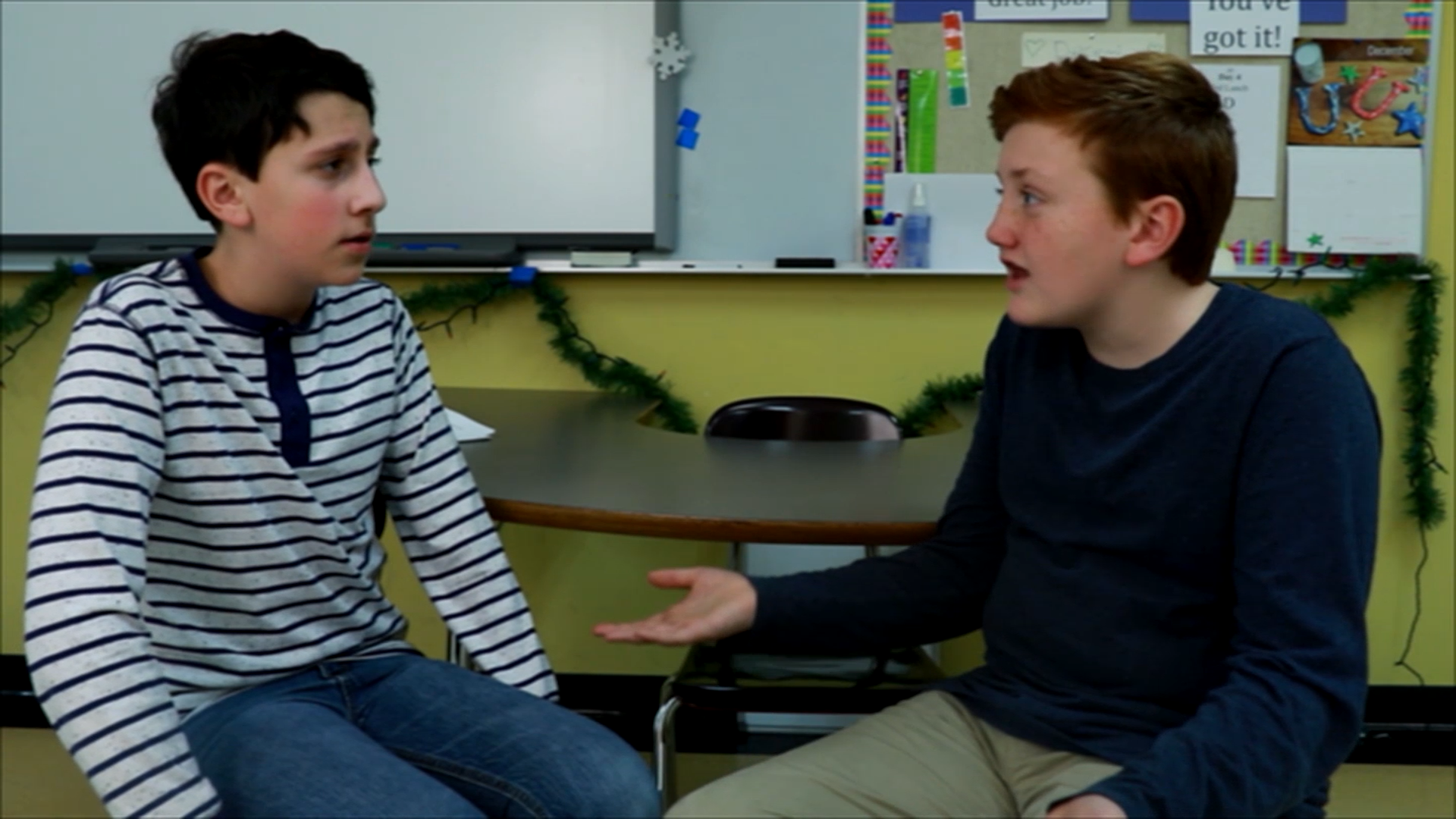
Introduction
Welcome to Act It Out!, a role-playing game designed to help elementary students develop empathy and understand the feelings of others. Empathy is a vital skill in social-emotional learning, allowing students to relate to one another’s emotions and perspectives. In this blog post, we will explore a no-prep activity, discussion questions, related skills, and next steps for educators looking to incorporate empathy-building exercises into their classroom.
No-Prep Activity
The following activity requires no preparation or additional materials from the educator. This role-playing game involves acting out different social situations to help students understand empathy.
- Divide the class into small groups of 4-5 students.
- Provide each group with a social scenario that involves an emotional challenge. For example, one student might be feeling left out during recess, while another student notices and tries to include them.
- Assign roles to the students in each group, such as Person A and Person B, and explain the emotions each character should be feeling during the scenario.
- Allow the students to act out the scene, encouraging them to express their assigned emotions through their actions and words.
- After the role play, have the rest of the group rate the actors on their performance, discussing how well their actions matched the emotions they were supposed to feel.
- Facilitate a group discussion about the scene, asking questions about the characters’ emotions and how they changed throughout the scenario.
This activity not only helps students practice empathy but also encourages them to reflect on their own emotions and experiences in various social situations.
Discussion Questions
Use the following questions to stimulate further discussions about empathy and the role-playing activity:
- How did the characters’ actions show empathy towards one another?
- What could the characters have done differently to better understand each other’s feelings?
- How did the emotions of the characters change throughout the scene? What actions or words contributed to these changes?
- Can you think of a time when you felt empathy for someone else? How did it influence your actions or words?
- Why is empathy important in building strong relationships and effective communication?
Related Skills
In addition to empathy, there are other essential social-emotional learning skills that students can benefit from developing:
- Active listening: Paying close attention to what others are saying, asking clarifying questions, and providing feedback to show understanding.
- Emotion regulation: Identifying and managing one’s own emotions, as well as helping others cope with their feelings.
- Conflict resolution: Addressing and resolving disagreements in a constructive and respectful manner.
- Collaboration: Working effectively with others to achieve common goals and solve problems.
Next Steps
If you’re interested in incorporating empathy-building activities and other social-emotional learning exercises into your classroom, we encourage you to sign up for free samples of these materials at Everyday Speech. By exploring these resources, you can help your students develop the skills they need for successful social interactions and emotional well-being.










